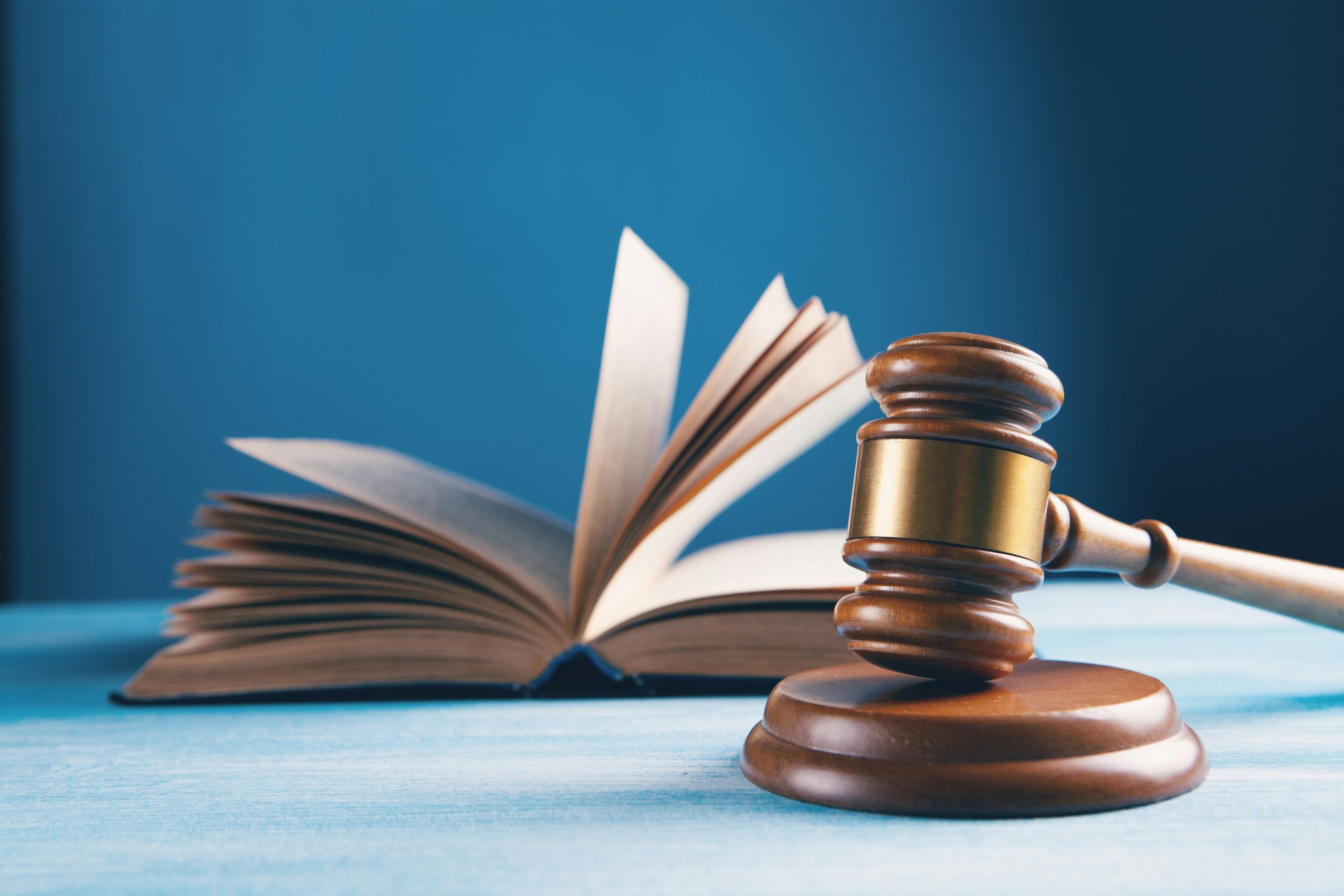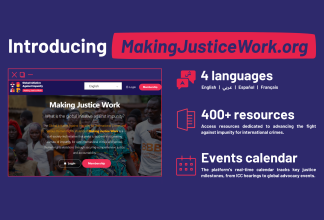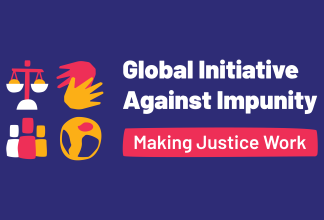Ceasefire in Gaza: A Starting Point for Justice and Accountability

On October 9, 2025, Israel and Hamas agreed to the first phase of a ceasefire. The US-brokered deal includes the release of hostages and detainees, increased humanitarian aid, and a phased Israeli military withdrawal. While this development offers much-needed relief from two years of relentless bombardment, starvation, and mass displacement, there is a long way to go to sustainable peace. Now, the time for accountability must begin. Impunity cannot be allowed to prevail.
The ceasefire does not erase the atrocities committed. Over the past two years, both Hamas and Israeli forces have been accused of war crimes, crimes against humanity and other core international crimes. Now, the time for accountability must begin. Impunity cannot be allowed to prevail.
International Legal Findings
A multitude of international human rights organisations, legal experts, and UN bodies have conducted independent investigations and analyses concluding that Israel’s military actions in Gaza constitute crimes against humanity and genocide under the Genocide Convention.
The International Court of Justice (ICJ) has issued binding rulings requiring Israel to prevent genocide against Palestinians in Gaza. On 1 September, the International Association of Genocide Scholars (IAGS), the world’s leading body of genocide researchers, passed a resolution affirming that “Israel’s policies and actions in Gaza meet the legal definition of genocide under Article 2 of the UN Convention on the Prevention and Punishment of the Crime of Genocide.”
On 16 September, the UN Independent International Commission of Inquiry on the Occupied Palestinian Territory concluded in its report that Israeli authorities and Israeli security forces committed four of the five genocidal acts defined by the 1948 Convention.
In an advisory opinion on 22 October, the ICJ found that Israel has breached its obligations under international law by restricting humanitarian aid to Gaza. The court ruled that Israel must allow aid into Gaza and cooperate with UN agencies, including UNRWA, which it had previously banned. The ICJ further determined that Israel’s actions – blocking aid, targeting UN facilities, and using starvation as a method of warfare – violate the Geneva Conventions and the UN Charter.
Furthermore, the International Criminal Court (ICC) has reaffirmed its arrest warrants against Israeli Prime Minister Benjamin Netanyahu and former Defence Minister Yoav Gallant, rejecting Israel’s recent appeal. Both are accused of war crimes, including the use of starvation as a weapon, and crimes against humanity such as murder and persecution.
Despite political backlash, the Court has upheld its mandate to pursue justice – underscoring the importance of shielding international judicial institutions from political pressure.
Accountability: The path forward
True peace requires justice. This means:
- Supporting independent investigations into alleged war crimes and crimes against humanity. The investigation by the ICC’s Office of the Prosecutor is essential to determining accountability for crimes committed by representatives of the State of Israel and Palestinian non-state actors.
- Empowering international independent mechanisms, such as the ICC, to pursue accountability without political interference. Safeguarding and fully respecting the independence and mandate of the ICC.
- Ensuring reparations and redress for survivors of violence and displacement.
- Upholding international law by ending the blockade, allowing sufficient humanitarian aid, and allowing displaced Palestinians to return home freely and safely.
Justice for grave violations must be pursued through independent and impartial mechanisms. The ICC and ICJ are central to this effort.
Civil Rights Defenders strongly condemns political attempts to obstruct these institutions, including the sanctions imposed on the ICC by the United States on 6 February and 20 August 2025, as well as sanctions targeting Palestinian human rights organisations cooperating with the Court. Such actions undermine the rule of law and obstruct efforts to achieve justice for crimes committed in Gaza.
The ceasefire is the fundamental beginning of a process, not its conclusion. Transitional justice, including trials, truth-telling, and reparations, is essential to healing and rebuilding trust. Governments and international institutions must act decisively to ensure that justice is not delayed or denied.
Civil Rights Defenders, together with international and local partners, works to document and report on crimes committed to hold perpetrators of core international crimes accountable and to achieve justice for victims of such crimes.
Now is the moment for the international community, including the Swedish government, to recommit to justice, dignity, and human rights for all, and take concrete and decisive action to ensure accountability, respect for international law, and an end to impunity.
Read more:
On the Global Initiative Against Impunity
Civil Rights Defenders calls for accountability and protection in Gaza


